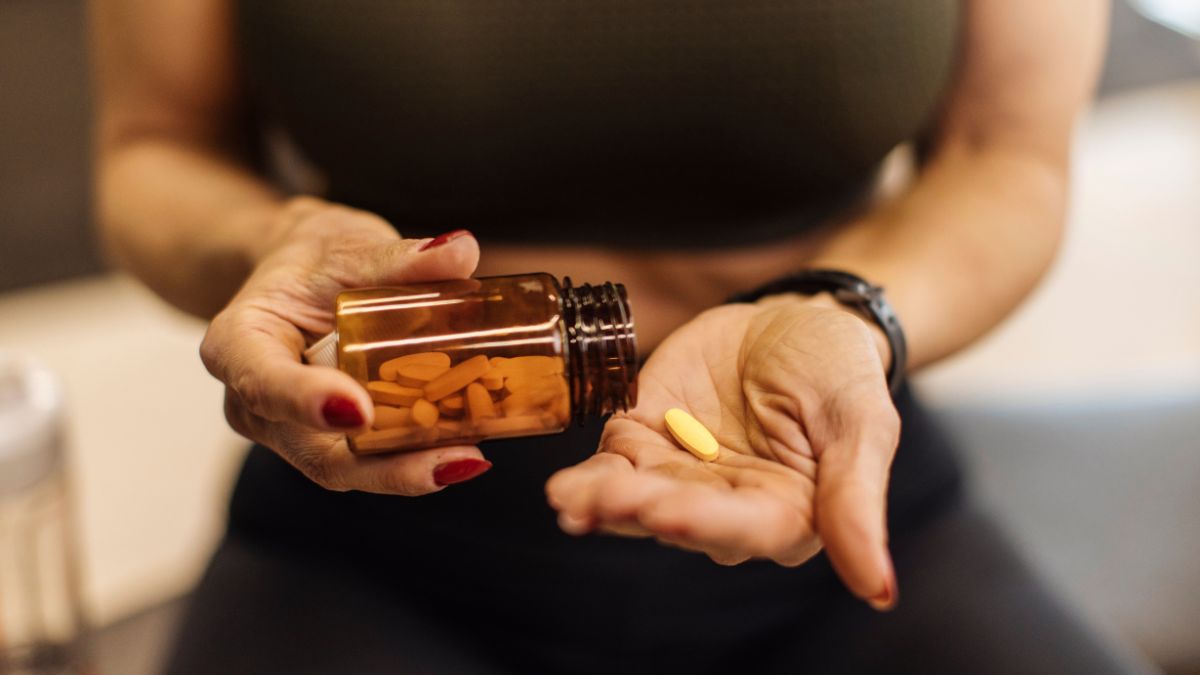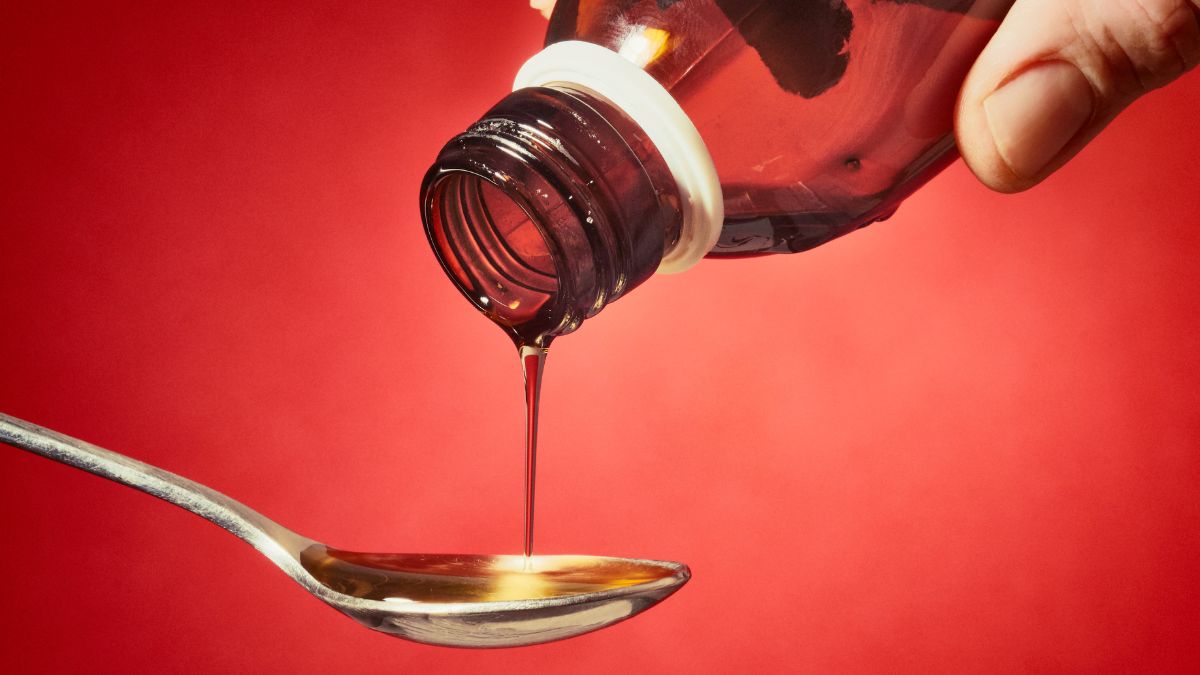It is common for people who have only recently begun addiction treatment to report being on a “pink cloud.” This phrase refers to the experience of feeling that life is wonderful and that becoming sober has solved all of life’s difficulties. While not everyone experiences this pink cloud, the vast majority of people who do experience it are quickly disillusioned.
Fairly quickly, the realities of life make themselves apparent. Sometimes life’s realities, in fact, appear harsher in the clear light of a sober day — when substance abuse is no longer capable of shrouding problems. After a few years, even recovering addicts who are living fairly happy and stable lives often eventually begin to take for granted their hard-won sobriety.
For these reasons, it is important to practice gratitude. For some, this might mean writing a daily gratitude list on paper or maintaining a sobriety gratitude journal. For others, it can be a simple matter of merely paying attention to the positive aspects of life. Whatever your approach to practicing gratitude, here are 5 things things to write in your AA gratitude list during sobriety which any recovering addict most likely feels grateful for.
Why Be Grateful for Relationships?
For many addicts, drug addiction is both the cause and the result of social problems. Substance abuse can cause addicts to isolate from others so that they can focus on obtaining their next fix. It also sometimes causes conflicts.
Because alcohol and other substances affect the brain’s ability to regulate mood and impulse control, addicts have a tendency to lash out at the people around them. Often these are close friends and family who are only trying to help. Sadly, as these behaviors push loved ones away, loneliness can further drive the addict to use their substance of choice.
Getting sober gives alcoholics and addicts a chance to repair some of these important relationships. It also opens up new avenues to alcoholics whose social worlds might have been limited to their local bar. The recovery community is a great resource for companionship and fun times. By getting involved in a 12-step group, a recovering alcoholic not only strengthens their sobriety but also gets to meet new friends.
Call Design for Recovery to Begin Your Healing Journey!
Reach out to our team to discuss sober living options and next steps toward a healthier routine.
Why Be Grateful for Better Mental Health?
Drug and alcohol addiction is a mental health disorder that goes by the name of substance use disorder. Finding oneself unable to stop using a substance despite wanting to quit can be deeply demoralizing. For this reason, substance use disorder is often accompanied by other mental health problems, such as depression and anxiety. Mental health experts refer to this as comorbidity.
These cases are difficult for a number of reasons. Addicts might find it nearly impossible to treat their depression or anxiety without first quitting alcohol. Thus, when they finally do get sober and begin to treat their other underlying mental health problems, they might experience the first relief they’ve ever felt in their lives.
Why Be Grateful for New Career Opportunities?
It’s a cliché at this point that addicts find it difficult to hold down a job. Violent outbursts, sleeping in, unpredictable behavior — all of these make it difficult to remain employed. But even for addicts who do successfully keep their employment, it is doubtful that many of them excelled very much.
Chances are, these more “successful” addict employees are merely holding on to their jobs by the skin of their teeth. In sobriety, with more energy and focus, promotions and salary increases might finally be within reach. Many recovering addicts also find that they look at their careers with fresh eyes. It is possible that in the early period of recovery you’ll find that you want to begin a new career entirely — and you’ll actually be able to do it!
Contact Design for Recovery Today!
Fill out our quick form to connect with a peer mentor and learn how our sober living community supports accountability, structure, and personal growth in recovery.
Why Be Grateful for Financial Freedom?
Crimes committed in a drug-addled haze land many addicts in prison. In fact, half of all inmates meet the criteria for substance use disorder. Some find themselves in the tragic position of losing custody of a child. Others might find that they owe thousands of dollars because of poor spending habits.
It’s hard to follow a budget while blacked out… Sobriety gives recovering addicts the chance to clean up after these mistakes. As debt and legal problems slowly evaporate, many also discover that it is also far easier to save money when they’re not going out every night to buy a six-pack.
Why Grateful for All the Good Things in Life?
Flooding the brain with endorphins, rugs, and alcohol provides such a powerful thrill to addicts that most other activities pale in comparison. Sobriety is not boring. In fact, it’s time to rediscover old hobbies and discover entirely new ones. Whether it’s sitting down at home and relaxing with a book or playing a game of pickup basketball with friends, you’ll probably end up feeling better than you ever did while using.
What To Do If You’re Considering Sobriety
Ready to explore sobriety but unsure of next steps? Recovery residences like Design for Recovery provide structured sober living environments that support young men after detox or treatment.
Our sober living homes offer accountability through house rules, peer mentorship, and daily responsibilities that build consistency. Residents share meals, attend 12-step meetings, and focus on personal growth in a substance-free setting.
This community fosters lasting connections while reinforcing the tools needed for independent living. Connect with our team today to discuss sober living options and begin building a daily structure for recovery.
- Why Be Grateful for Relationships?
- Why Be Grateful for Better Mental Health?
- Why Be Grateful for New Career Opportunities?
- Why Be Grateful for Financial Freedom?
- Why Grateful for All the Good Things in Life?
- What To Do If You’re Considering Sobriety







Written By
David Beasley